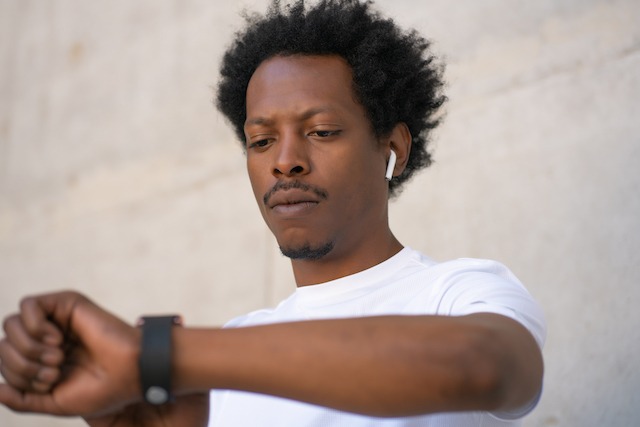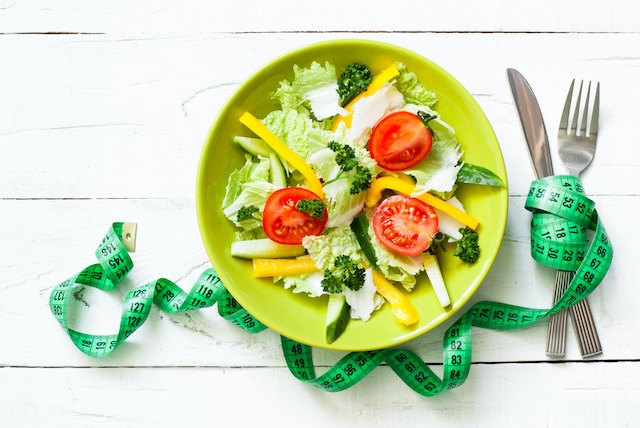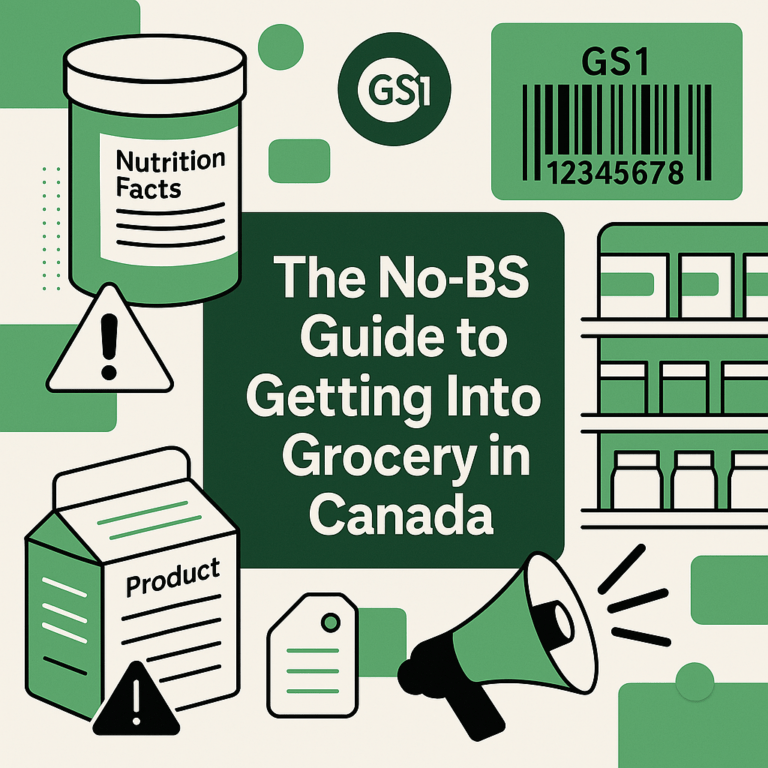Tech and wellness are two areas that have been increasingly growing closer in the last couple of years. The easy access to tools and resources that can support wellness efforts has increased the popularity of different fitness apps.
Calorie tracking apps like MyFitnessPal are some of the most commonly used products in the health and wellness world. From weight loss support to specific nutrition tracking, these apps can help establish healthy habits, make healthier food choices, and promote a fitness routine. However, as useful as these products can be they all come with their downsides and can actually have negative effects in health and wellness if not used mindfully. Let’s take a look into some of the pros and cons of calorie tracking tools.
MyFitnessPal may be one of the most popular companions for fitness enthusiasts. The app is owned by the fitness apparel brand Under Armour, and its most popular feature is the calorie tracker. People with different kinds of fitness goals including weight loss, muscle building, and maintenance, use this feature regularly to set goals, track their caloric intake, and gain knowledge about the nutritional value of the food they consume. (Note that although we will be focusing on this specific app due to its popularity, the material touched upon is relevant to all forms of calorie tracking tools.)
The Pros
Calorie tracking can be a useful tool to help you meet weight-related fitness goals, nutritional parameters, or to simply keep an eye on what your eating habits look like. MyFitnessPal makes this process incredibly easy and straightforward with some very helpful features:

- MyFitnessPal has one of the most complete nutritional databases I have ever seen. Type in any food, from a single ingredient like flour to a specific commercial product like a Starbuck Soy Chai Latte, and you will get the calorie count, macronutrient information, grams of sugar per serving, and even vitamin and mineral profile. On the off chance that you don’t find the product you are looking for you can actually manually enter and save the nutritional profile with the option of making it accessible to all other users. This means that the community keeps building the database, constantly adding more and more products.
- You can get access to nutritional information almost immediately when you scan a product’s barcode, which is quite a convenient feature.
- It does all calculations for you, including BMI (body mass index), BMR (basal metabolic rate), daily caloric expenditure, and daily calorie intake goal depending on your goals.
- Keeps your frequent foods saved so you can easily log them, and allows you to create custom menus.
- Overall the app is quite easy to use, and after just a little practice it can blend seamlessly with your routine.
- For people who are just trying to get a clearer view of their eating habits, this app is a great resource to just get a general idea without having to invest too much time.
- For those who want more meticulous insight, the app can be used to track food intake to the gram, which is more useful to people who are on a strict regime such as bodybuilders, elite athletes, and other fitness professionals and enthusiasts.
If you are into cooking and meal prepping you can actually create your own meal profiles adding single ingredients up to generate your complete meal nutritional information. You can then save this and use it later again for meals that you cook regularly.
The Cons
The dark side of calorie counting
This may be the biggest and most concerning issue with calorie counting apps and tools. Although counting and tracking calories can be a useful tool in weight management efforts, the hyper-control that can stem from using these tools can trigger disordered eating. Over-restriction, guilt, and anxiety associated with food are major risks that users can face when diving into the calorie-counting world.
The ability to control and rigorously surveil food intake can be the trigger necessary to start an eating disorder for those who are at risk, and studies have shown that diet and fitness apps can be a catalyst for disordered eating including severe restriction, binge and purge behaviour, exercise addiction, and other harmful behaviours concerning fitness and diet.
In a study conducted by the University of Louisville, 73% of the participants reported that calorie counting apps had to some degree contributed to their eating disorder.
Significant miscalculations and generalizations in goal setting data:
As we mentioned already, MyFitnessPal does all of the calculations for you, not just regarding food intake, macros and calories, but it also calculates data such as BMI and BMR. With this data the app creates an estimate of the “proper” caloric intake depending on the user’s goal.
As convenient as this sounds, there is a major issue with this feature: It is over-simplified and generalized, so it doesn’t take into account the unique body types, metabolisms, and lifestyles of each user. This can create a severe discrepancy between the recommended intake and the body’s actual needs.
For example, if you are looking to lose a few pounds you would input information about your current weight, height, and age. The app will then use standard calculations to measure your basal metabolic rate, which is the amount of calories you burn at rest. Here comes the first problem: BMR can vary dramatically from person to person. Some people have incredibly fast metabolisms and they struggle putting on weight, others have slower metabolisms and tend to put on weight more easily. This depends on factors way more nuanced than just weight and height. Hormone levels, stress, nutrient absorption capacity, and genetics play a big role in how much energy the body needs.
This imprecise BMR is then processed with an equation that integrates your average level of daily physical activity to generate an estimate of your daily caloric expenditure. At this point this data can be so far from reality that it can be almost irrelevant.
From this data the app then calculates how many calories you should consume depending on your goal. If your goal is to lose weight it will set your calorie goal at a deficit, meaning it will suggest you consume less calories than your body burns in the day. Similarly it will do the opposite if your goal is to gain mass, setting you at a caloric surplus.
But as stated before, these goals can be quite misleading depending on the person, which can in turn lead to eating habits that can be quite detrimental to health, especially when the calculation for weight loss suggests an intake that is way below the levels of healthy weight loss. This can leave your body undernourished and lead to complications in the long run both physically and mentally.

The guilt factor
Having the set “ideal” of how much food should be consumed can lead to feelings of guilt when going over the established goal. For people who are predisposed to feelings of low self-esteem, obsessive thoughts and anxiety about food, and poor body image, the app’s call to meet a certain goal can trigger a poor relationship with food and as we mentioned above lead to disordered eating.
The Bottom Line
Calorie tracking apps can be useful to observe and track food intake and to get an approximate idea of what daily nutrition looks like for the user. Using these tools can help meet certain fitness and weight goals, but users should be aware of the dangerous behaviors it can propel if not used mindfully. Additionally, relying heavily on the given data may not be the most effective way to approach health goals for many, so being aware of the fact that the data shows just a generic estimate that can be far off from each user’s reality is an important aspect to keep in mind.
If you choose to use these tools, a mindful and moderate approach is the best bet in making them a part of your health routine. Being aware of the risks and limitations that apps like MyFitnessPal have is important in order to understand and avoid any negative effects that the use of these apps can have in terms of mental, emotional, and physical health.
Listen to our podcast episode xxxx to learn more about nutrition!




